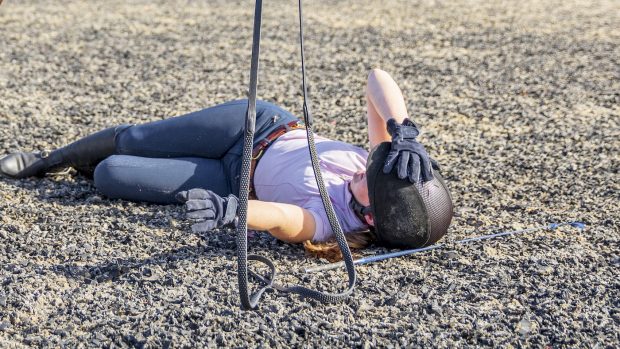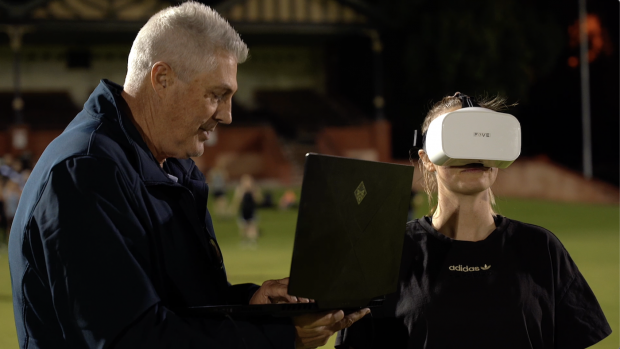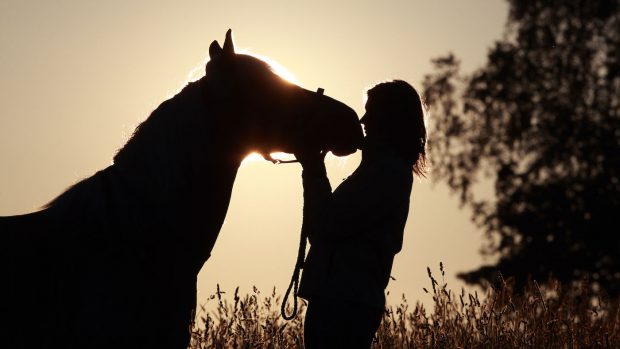A simple reading test could help establish whether a rider has concussion, according to researchers.
A timed vision test — known as the King- Devick Test — involves athletes with a suspected head injury reading numbers as quickly as they can off a series of three cards, while being timed with a stopwatch.
This is then compared to their result from a pre-season baseline test.
| Popular articles |
It took concussed athletes an average of 4.8 seconds longer than their baseline score to complete the test, whereas non-concussed athletes improved by an average of 1.9 seconds.
The study, which was published on 10 September in the journal Concussion, was carried out by researchers at the NYU Langone Medical Center in America.
“There is no diagnostic substitute for a medical professional when it comes to evaluating an athlete for concussion, but physicians are not always on the sidelines when an injury might occur,” said senior study author Prof Laura Balcher.
Researchers reviewed 15 studies where a rapid number-naming test had been used.
In total, the study involved 1,419 athletes from sports including hockey, football, boxing, lacrosse and rugby, of which 112 had sustained a concussion.
The test detected 96 out of the 112 concussions, which were then confirmed by clinical diagnosis.
Co-author Dr Steven Galetta said that when used as part of a “battery of tests” assessing cognition and balance, the vision test can “raise a flag” for those athletes that need to see a medical professional.
This is one of several recent studies that have thrown up questions about how concussion is measured (news, 17 September).
According to Sport England, 15.5m people aged 16 years and over play sport weekly — including 279,300 riders.
“This research is very interesting and could benefit riders to ensure that anyone with concussion is identified and provided with the correct medical treatment,” said Sarah Phillips from the British Horse Society.
“It will be interesting to see how the practical application of this procedure can be adapted for equestrian sport.”
Ref: H&H 5 November, 2015





